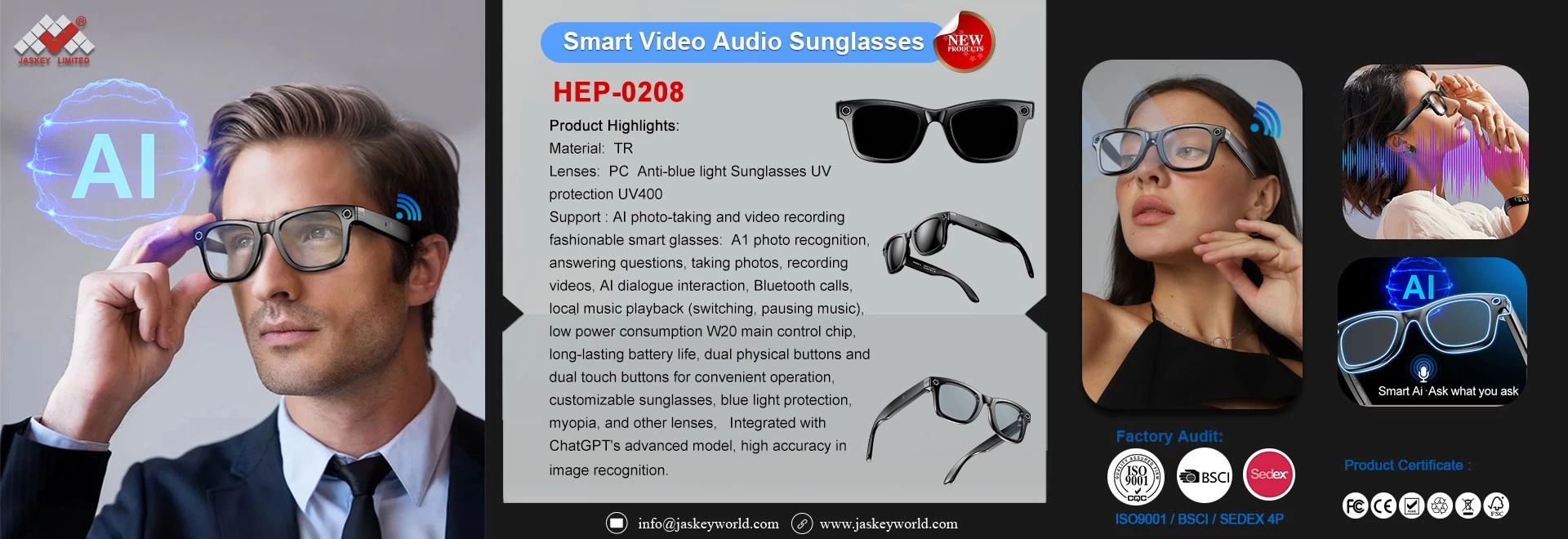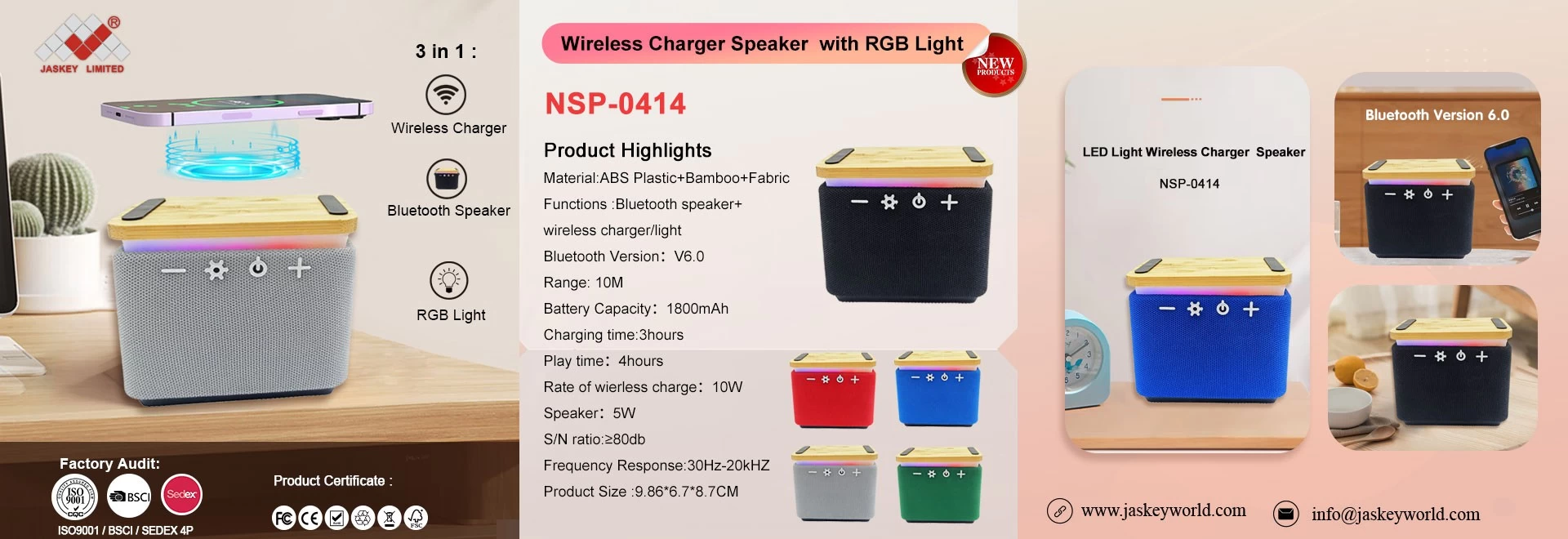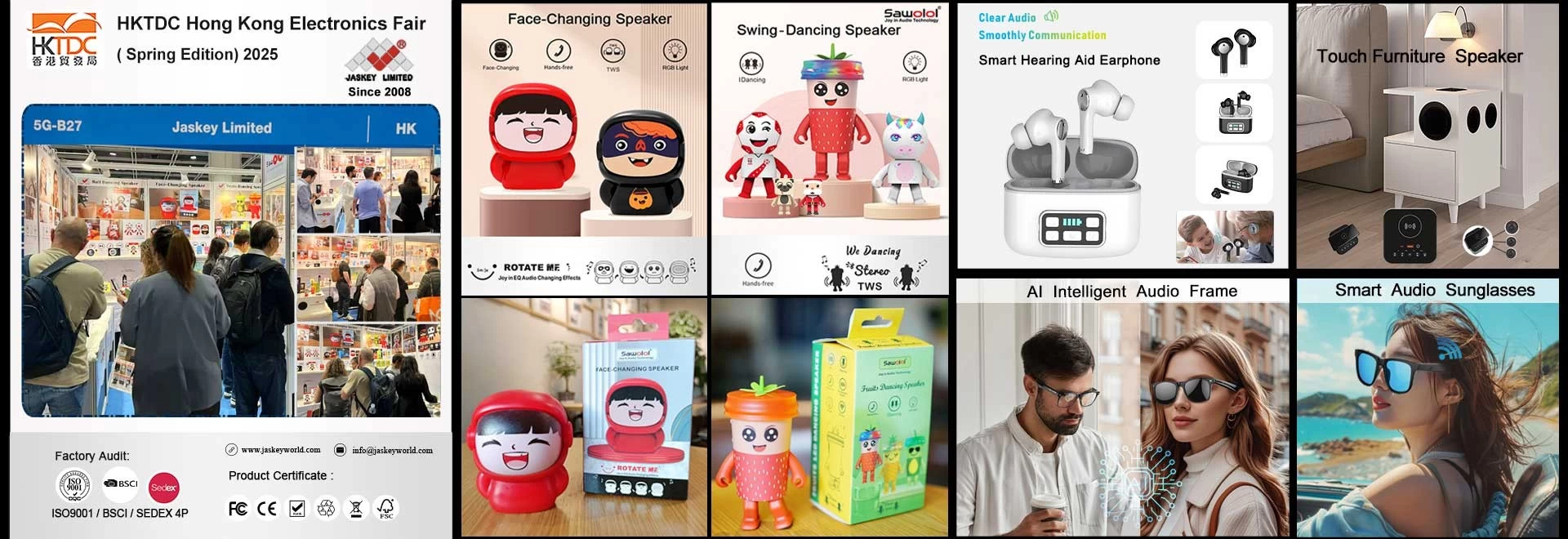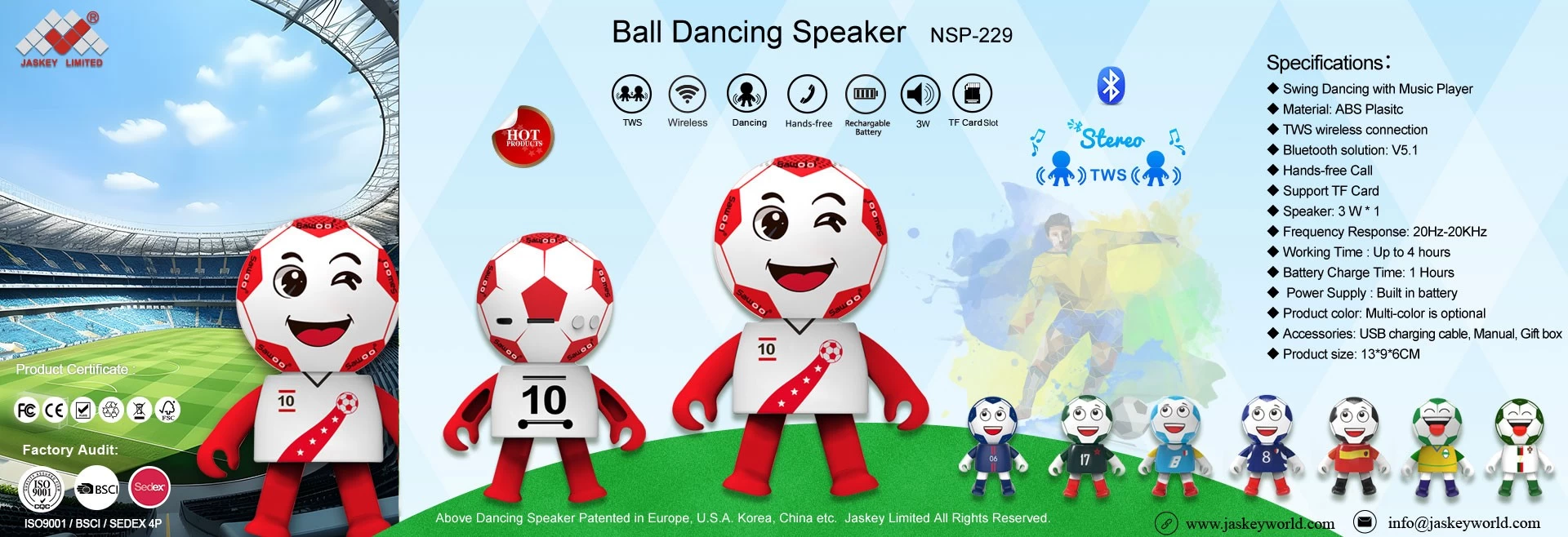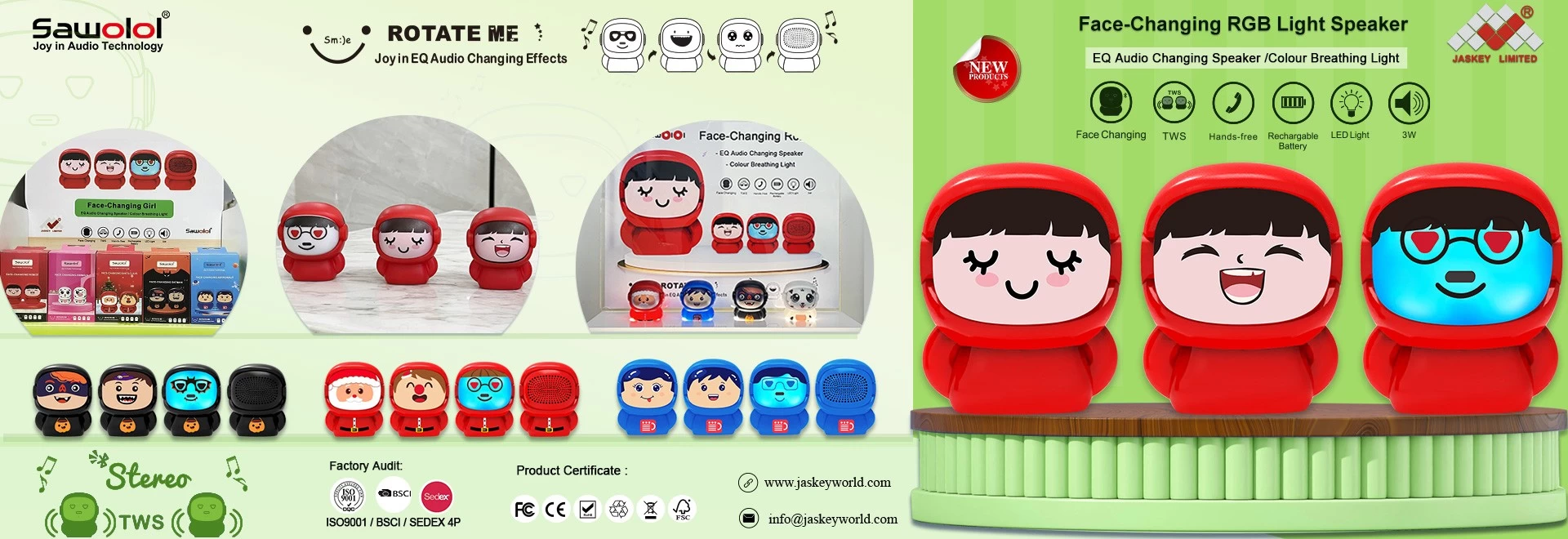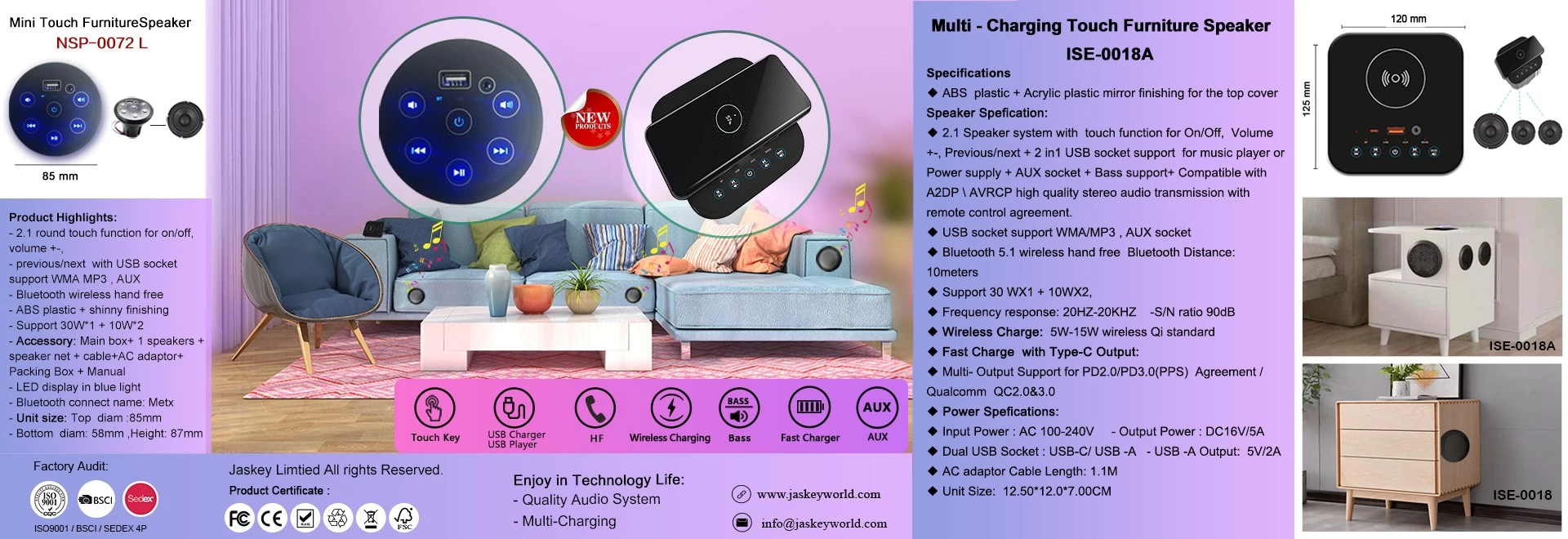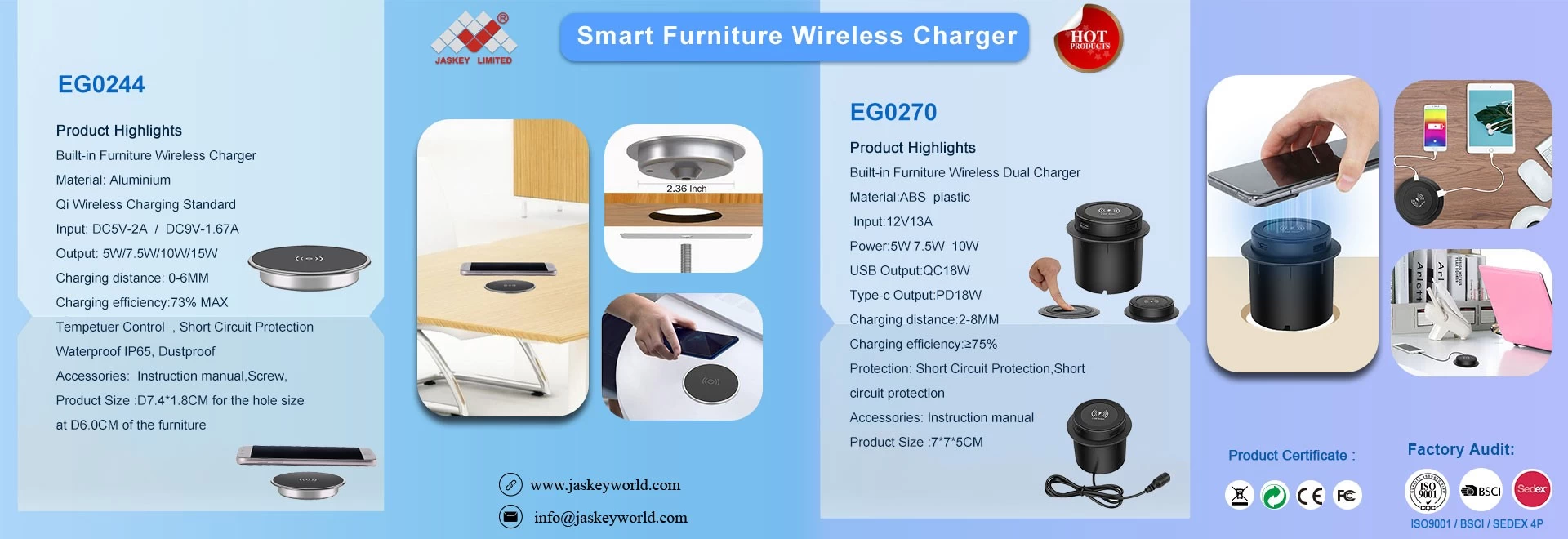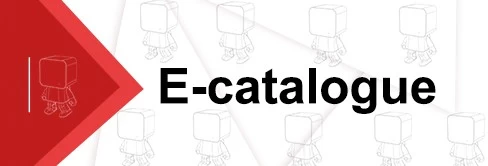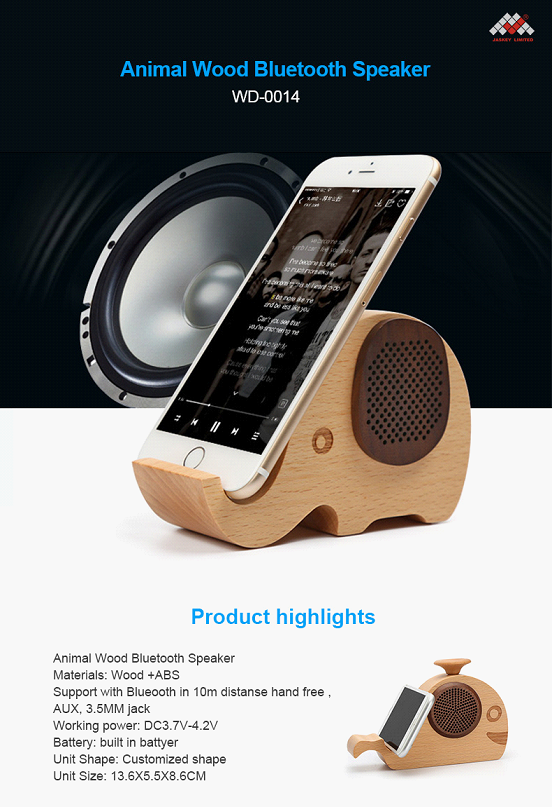Study of machine exoskeleton breakthroughs
Engineers have developed a tight-fitting machine that allows users to turn around when walking, which is the first time that the technology has the ability to turn. This is an important breakthrough for the engineers, which means that the injured people in the future to use at home auxiliary bone, without having to stay in the hospital to recuperate.
Outer
bone skeleton research breakthrough, for the first time to help turn the
ability!
Machine exoskeleton is usually used for rehabilitation, they can help patients
to resume walking ability. Usually the machine exoskeleton need to install the
motor at the joint, through the motor to the rigid parts of the transmission
power, to achieve the movement of the wearer's body. But this technology has a
problem, all the exoskeleton can only let you achieve a straight walk, can not
achieve the turn.
Steve Collins of Stanford University in the
United States said: "It is really important to help users achieve the
turn, but this problem has not been resolved before." Now Japan's
Matsushita Electric Research Institute Stephen John and his colleagues have
solved this problem The
Their design, with the help of the sliding robotics principle, looks a bit like
a taut pants with an external motor. The device contains eight motors, a
battery and a control system, and is carried on the back of the user. This
design does not use the motor to drive the body directly, but through the
buttocks of the four brake device control software plastic line, by contraction
of human muscle movement to achieve physical movement.
"The most distinctive feature of this machine armor is the way in which
the plastic thread is wrapped around the legs," said Collins. "This
unique way allows different motors to work together to complete the leg
movement." In the initial test, five healthy Of the testists closed the
eyes of the armor were tested, each time they are able to balance the situation
to complete the turn. John plans to conduct a wider range of tests in the
disabled.
"The ability to change in the course of walking is critical to home
exoskeletons because it is necessary for the patient to use it at home,"
John said. "Once people get this device and recover from the
rehabilitation facility Some of the ability to act, then they will be able to
use this device more naturally at home. This device is also a gospel for the
elderly, it can help the elderly to live independently. John said the old
people could wear and wear all
day in the morning.
Researchers say the next goal will make this device easier to manipulate. John
is studying a sensing system that can detect a slight turn of the wearer to
help them complete the steering action. He also explores how to sit and stand
when people use this device. "Our goal is to help people achieve all the
important actions they need in their daily lives," John said.

